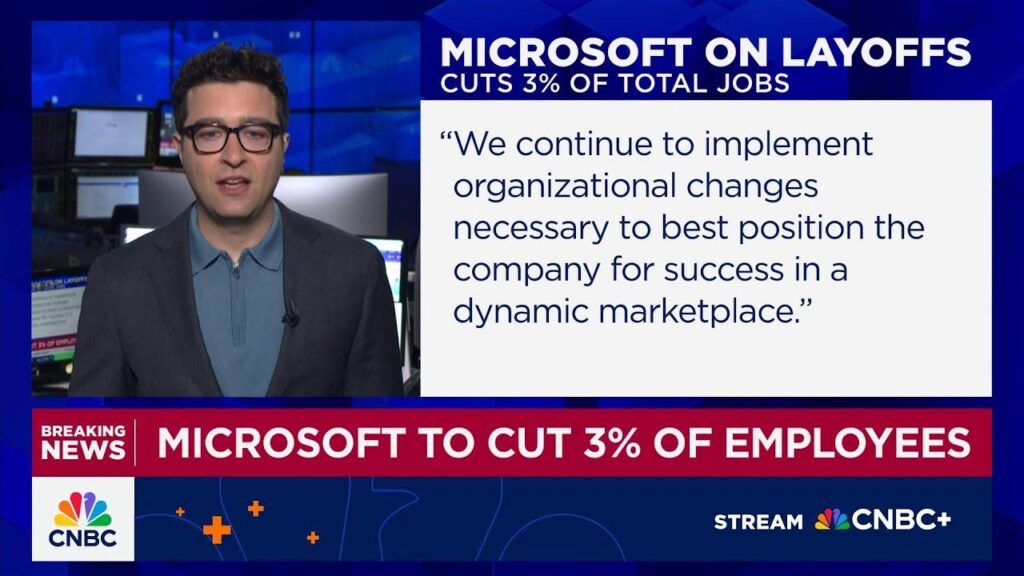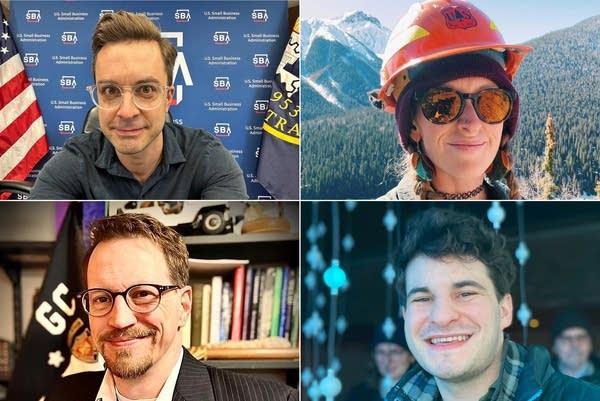In the high-stakes arena of tech industry employment, a battle is brewing between Silicon Valley’s corporate giants and the voices of American labor. Ohio Senator JD Vance has thrust himself into the spotlight, delivering a pointed critique of Microsoft’s workforce strategies, specifically targeting the company’s reliance on H-1B visa workers while simultaneously reducing its American employee base. At the center of this storm sits Microsoft CEO Satya Nadella, who acknowledges the human toll of recent layoffs with a statement that suggests personal introspection amidst corporate restructuring. This unfolding narrative exposes the complex dynamics of global talent acquisition, national economic interests, and the increasingly precarious nature of tech sector employment. In the ongoing debate surrounding tech industry employment practices,Senator JD Vance has vocally criticized Microsoft for its workforce strategies,highlighting the company’s approach to layoffs and hiring foreign workers through H-1B visas. The criticism comes amid significant restructuring at the tech giant, which has seen thousands of American employees being terminated while simultaneously maintaining a substantial number of international workers.
Vance’s argument centers on the perceived displacement of domestic talent in favor of lower-cost international workers, a contentious issue that has long plagued the technology sector. Microsoft’s recent layoffs, affecting approximately 10,000 employees, have intensified scrutiny of the company’s hiring and retention practices.
The H-1B visa program, designed to allow companies to employ foreign workers in specialized occupations, has been a focal point of criticism. Proponents argue it helps fill skill gaps, while critics like Vance suggest it undermines American technological workforce opportunities.
Microsoft CEO Satya Nadella has acknowledged the emotional toll of these workforce reductions, stating that the layoffs are “weighing heavily” on him. His public statements suggest an awareness of the human impact behind corporate restructuring decisions.
The technology industry’s employment landscape continues to evolve rapidly, with artificial intelligence, economic uncertainties, and global talent competition reshaping traditional workforce models. Companies like Microsoft are navigating complex challenges balancing operational efficiency, technological innovation, and workforce sustainability.
Vance’s critique reflects broader political discussions about protecting domestic employment opportunities in high-tech sectors. His comments resonate with concerns about globalization’s impact on American workers, notably in technology-driven industries.
Microsoft has defended its practices, arguing that the H-1B program allows access to global talent and supports innovation. The company maintains that its hiring strategies are designed to maintain competitive technological capabilities in a rapidly changing global market.
The dispute highlights the ongoing tension between corporate strategies,immigration policies,and domestic employment considerations. As technology continues to transform workplace dynamics,such debates are likely to intensify,with significant implications for workers,companies,and national economic policies.
The broader conversation extends beyond Microsoft,touching on fundamental questions about workforce progress,skill transferability,and the role of international talent in driving technological innovation in the United States.








